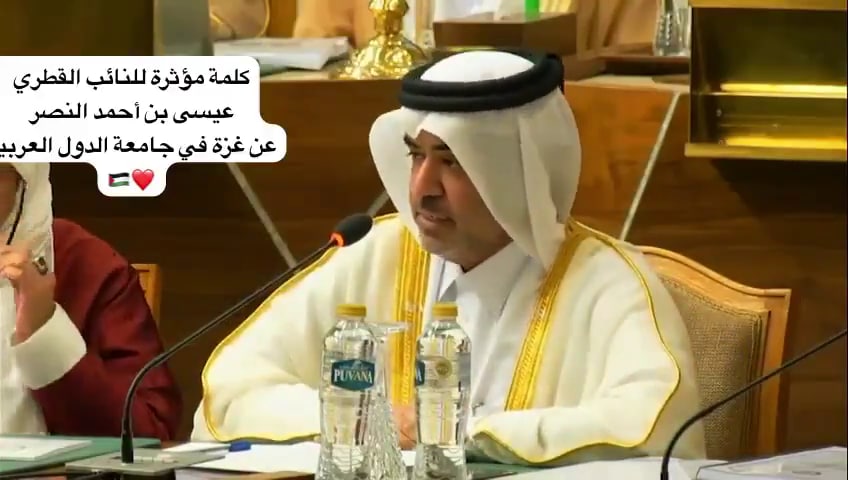
Following are excerpts from an interview with Mohammad Shariati, advisor to former Iranian president Mohammad Khatami, which aired on Al-Jazeera TV on January 19, 2008.
Interviewer: [Ahmadinejad] is the right man in the right time, using the right means, and consequently, his foreign policy and his discourse are right too. Do you agree with this position?
Mohammad Shariati: No, I don’t. First of all, in the elections, foreign policy issues have little impact on public opinion, and these issues are dealt with in broad terms only. All the presidential candidates agreed on the basics of our foreign policy.
[...]
Our foreign policy under Ahmadinejad could have yielded better results, if the methods of previous [governments] had been used. With regard to foreign relations and the countries of the region... When President Ahmadinejad was elected, he had very little experience in foreign policy, compared to his experience in other fields. Iran’s initial conduct vis-à-vis its neighbors –the most important aspect of Iran’s foreign relations, as was determined by the National Security Council – is different from Iran's conduct today, two and a half years later. The government has returned to the language of previous [governments], and to their attitude towards friendly countries, as well as to their [policy] regarding the nuclear issue. The previous governments emphasized international cooperation, as well as transparency towards the U.N. and its agencies. They did not say - as we now hear time and again - that we would withdraw from the NPT and similar statements. In addition, Larijani resigned because he reached the conclusion that the path taken by Khatami, Rafsanjenei, and Al-Rowhani on the [nuclear] issue is more realistic than the path taken by Ahmadinejad. With regard to Iraq too - , in my opinion, if a reformist policy had been employed, Iran would not have committed all its mistakes in Iraq, and the problems we face throughout the Arab world would have been avoided. [Iran] supported some of the militias, which had no understanding of the Sunni–Shiite issue, and acted tyrannically. In my opinion, if they had adopted a reformist policy, as was the case in the past, there would have been fewer perils and fewer alliances against us
[...]
The factories used to operate for longer hours, there was work, and the standard of living was higher. Everybody admits that investments have declined significantly, and that [the government] signed fictitious contracts that have not been implemented, because others avoid investing here, and [the government] wants to create the impression that it has investments, because the price of oil has changed.
[...]
Even the government admits that this is the situation, but says that this is the price of our steadfastness, and that it is due to the external pressure and the international resolutions
[...]
[This government] supported peoples in the region because they are Shiite or of Iranian origins. In contrast, in the governments of Rafsanjani and of Khatami, we have reached the conclusion that the [Shiite] citizens of these countries can achieve their rights better than we can defend these rights. With regard to Hamas and Hizbullah, one cannot sever our ties with the peoples, because ties between peoples are the essence of the Revolution, but these relations must be within a general framework, avoiding internal differences. Take Lebanon, for example. If there is a conflict there, we must invest all our efforts into resolving this domestic conflict. We have seen others who came to Lebanon, and said that interference in domestic affairs is not allowed.
[...]
During the civil war, we had ties with everybody. Today, Iranian diplomacy does not accept Siniora, for example. In my opinion, this is a flaw.
[...]
If we want to support Hamas, we must exert pressure on it with regard to national unity.













